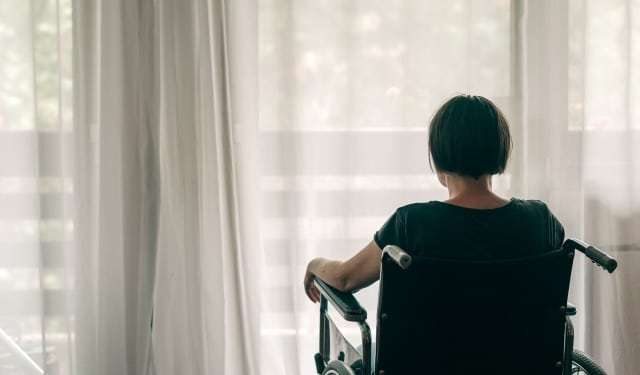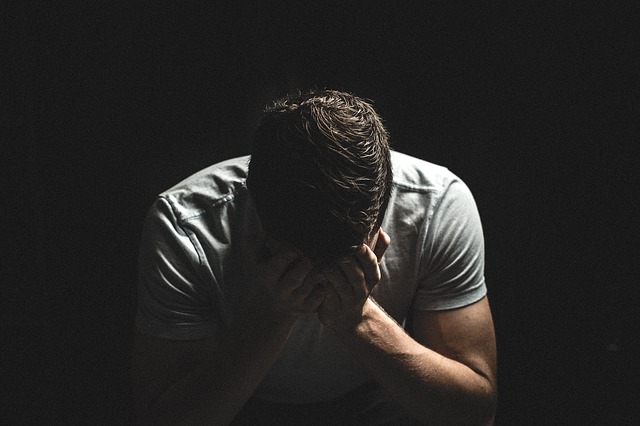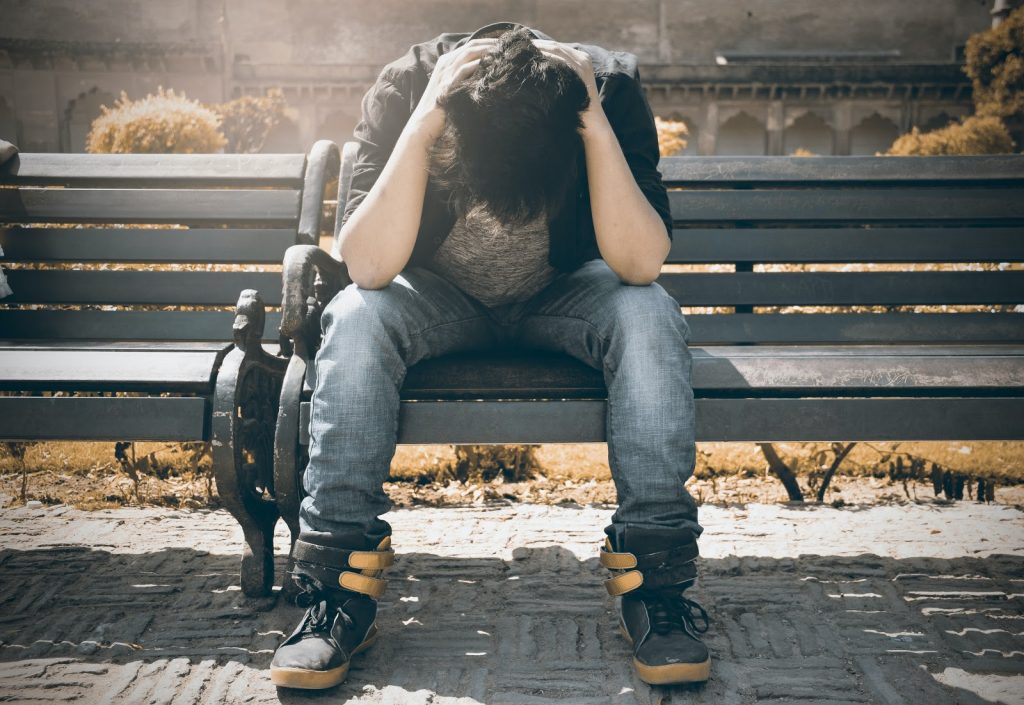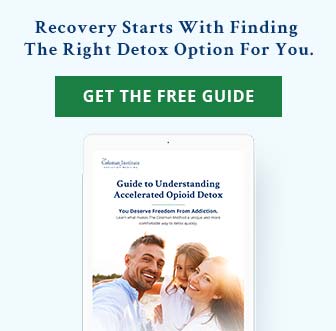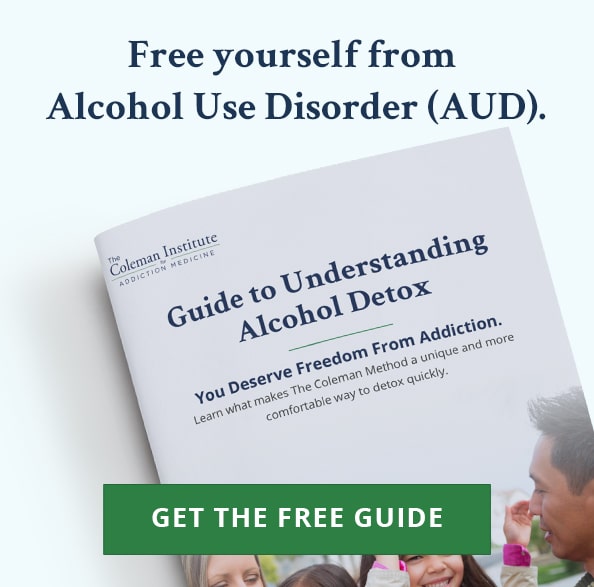The Coleman Institute Blog
31
Jan 21
Bipolar Disorder and Substance Use Disorder: How to Get Help
I was recently invited to speak to a class of student nurses and discuss how 12-Step Recovery programs like AA can help someone struggling with bipolar disorder and substance use disorder.
(more…)8
Jan 21
What To Know About Boosting Energy After Stopping Opioid Medication
It happened again. The office phones had just transitioned to the answering service for the evening when a call came through from a patient who had completed an accelerated opioid detox (not to be confused with ultra-rapid (anesthesia-using), hospital-based detox) three days earlier.
(more…)4
Jan 21
Getting Off Opiates Quickly During a Pandemic
As of October 16, 2017, the US Government declared the opioid epidemic a public health emergency. The medical community, and particularly pain medicine practitioners, have been active participants and fully aware of the development of the current state. Prescription drug monitoring programs (PDMPs) and the National All Schedules Prescription Electronic Reporting Act (NASPER) have effectively contributed to the reduction in opioid prescriptions by 8% and prescription opioid overdose death rates by 12%.
Despite these substantial reductions in opioid prescriptions in the USA, deaths by opioid overdose continue to escalate at alarming rates: 64,000 people died from drug overdoses in 2016; over 42,000 of those were opioid deaths. This represents a 20% increase from the total of 52,000 drug overdose fatalities in 2015. Overdoses related to illegally manufactured fentanyl represent the greatest contribution to the increase, accounting for 20,000 deaths in total; heroin accounted for 15,000 deaths; and prescription drugs for less than 15,000. Source.
(more…)7
Dec 20
Restoring Hope: The Gift of Detox
It doesn’t happen like this all the time. But it did happen yesterday.
Room to room, patient to patient, over and over---I heard one success story after another.
Mack, off fentanyl since mid-April. Sleeping well, doing home renovation projects he’d put off for years. He now has the time, the energy and the money to do so.
1
Dec 20
My Pain Doctor Cut Me Off, What Do I Do?
This has become a very common scenario and patients from all around the country are calling the Coleman Institute for Addiction Medicine for help. It’s important to understand the difference between addiction and physical dependence. Addiction, at its simplest, can be defined as continued use despite adverse consequences.
(more…)
